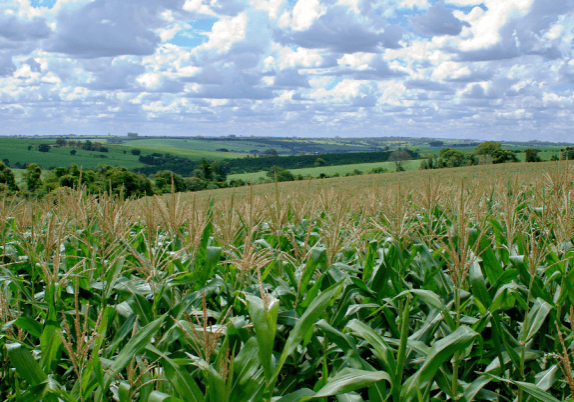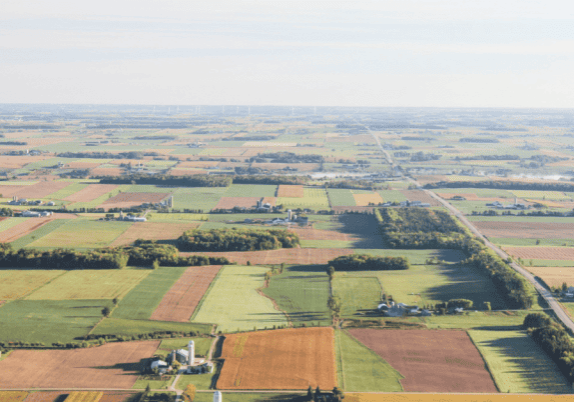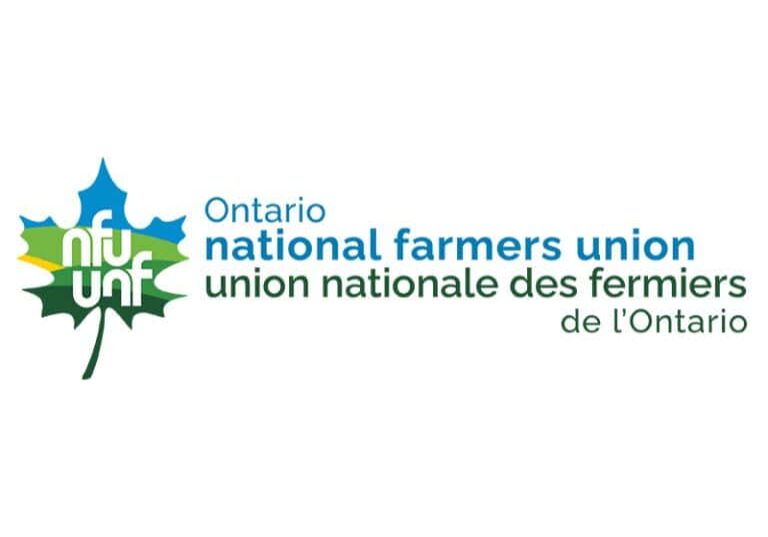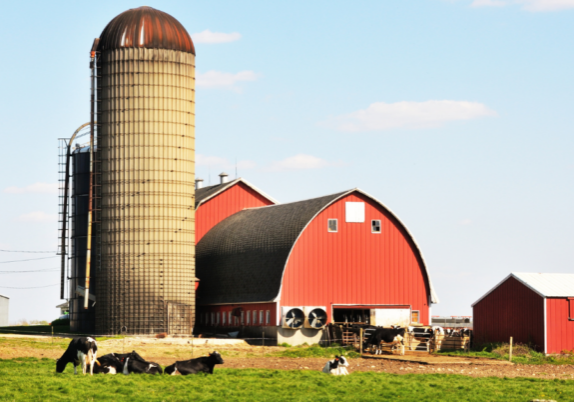Response to Proposed Policies adapted from A Place to Grow and Provincial Policy Statement
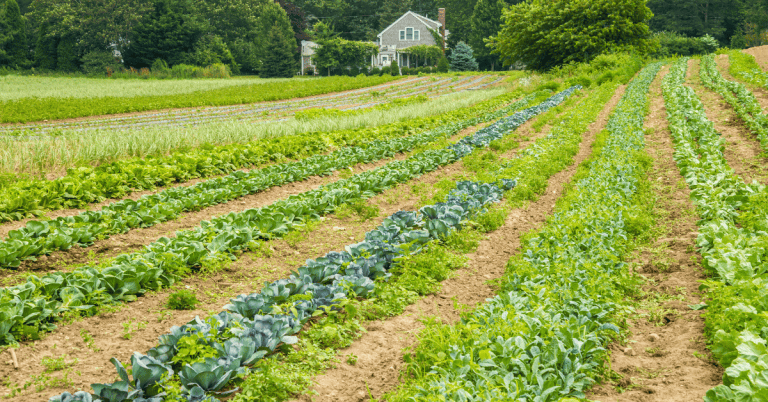
Re: ERO 019-6813 Review of proposed policies adapted from A Place to Grow and Provincial Policy Statement to form a new provincial planning policy instrument
Minister Clark,
The National Farmers Union – Ontario (NFU-O) is an accredited farm organization representing thousands of sustainable farmers in Ontario and has advocated for farmers across Ontario and Canada since 1969. Members work together to achieve agricultural policies that ensure dignity and income security for farmers while protecting and enhancing rural environments for future generations. We believe in the importance of a healthy, viable, and sustainable supply of food products grown, harvested, and processed right here at home. The NFU-O is confident that long-term food system security for the people of Ontario, Canada, and the world is a shared priority for the general public and our governments.
It is encouraging that the Government is committed to working with Ontario’s farming community to find solutions that support farm succession and access to farmland for new and young farmers without jeopardizing our finite agricultural land base or the current operation and expansion of agricultural businesses. We appreciate the extension to August 4, 2023 for submissions to be received from the agricultural community.
The NFU-O has the following recommendations based on the current version of the Proposed Provincial Planning Statement.
Summary
We are requesting that the provincial government abandon the following policies in the Proposed Provincial Planning Statement:
– the relaxation of settlement boundary expansion (2.3) into land currently used for agricultural purposes, including specialty crop areas; and
– “Lot Creation and Lot Adjustments” (4.3.3) permitting the creation of up to 3 new residential lots in prime agricultural areas.
Instead of adopting these proposals, we believe the provincial government should maintain the existing 2020 PPS lot creation policies. We also ask for any language within Bill 97 that enables the changes within the Proposed Provincial Planning Statement be removed.
Lot Creation and Lot Adjustments
The changes in the Proposed Provincial Planning Statement allowing for up to three severances of pre-existing farm plots is an attack on agriculture in Ontario. Farmers, farm organizations and commodity groups were not consulted on these proposed changes. The Proposed Provincial Planning Statement gives the impression that the current Ontario government cares little about its rural farming constituents or for the eaters and consumers who depend upon the agricultural products grown by the farmers in this province.
Residential lot creation in agricultural areas has long been controversial and the detrimental impacts for agriculture are well demonstrated, including fragmentation of the agricultural land base, increased conflicts between neighbouring land uses, risk of inflating farmland prices and increasing costs to municipalities. In addition, we have significant concerns regarding the speculative investment that this proposal will drive, resulting in farmland values that make farming even more unattainable for the next generation. Any policies that might open land for speculative purchase and investment need to be discouraged.
With the average agricultural operator over 55 years old, the province is facing a serious shortage of farmers. Farmland severances within the Proposed Provincial Planning Statement will permanently discourage aspiring agriculturalists. Farm property values increased by almost 20% in 2022; carving up existing farmland for residential use will mean new and young farmers will have to compete with housing developers willing to pay more than quadruple the current exorbitant value of Ontario’s finite farmland.
The negative implications of the proposed farmland lot severances go beyond squeezing current and aspiring farmers off the less than 5% of land in Ontario with prime agriculture soils. Servicing rural residential sprawl will burden municipalities and villages and lead to increased taxation. Finite ground water will be depleted to supply as many as 1.5 million new homes. Residential and farm land use conflicts are bound to increase, including complaints surrounding animal noises and smells, and the application of crop nutrition and crop protection products. Traffic congestion and speed limits will cause frustration along county roads.
We have already lost 20% of Ontario’s farmland in the last 40 years—with current farmland loss estimated by Statistics Canada to be occurring at a staggering 319 acres per day.
4.3.3 in the proposed PPS will accelerate these trends, with rural planning experts forecasting that, should the approximately 170,000 farmland parcels in Ontario be rubber stamped for three one-acre lot severances, more than a half a million acres would be permanently removed from agricultural production. That amounts to the loss of yet another 5% of the total remaining productive farmland of the province.
The overall reduction of our finite farmland will be even higher when one takes into account the impact this rural residential sprawl will have on Minimum Distance Separation (MDS) requirements for livestock operations, squeezing out many livestock farmers in counties across the province. We support Minimum Distance Separation (MDS) and see it as a valuable tool to minimize conflicts between farm operations and residential areas with respect to livestock operations.
Settlement Area Boundary Expansion
Livestock farmers are not the only farmers whose livelihood is threatened by the Proposed Provincial Planning Statement. Under the proposal, planning authorities need only “consider” not “demonstrate” (as required under the current legislation) whether settlement area boundary expansions compromise specialty crop areas, potentially undermining the production of some of our most valuable agricultural commodities (2.3.4). We strongly recommend that the province maintain current 2020 PPS standards on specialty crop areas and prime agricultural lands as they enforce the minimum standards required to protect the environment, farmland, and public health and safety.
Additional Residential Units
The NFU-O does welcome the proposal to allow for up to two additional residential units on a pre-existing farm plot (4.3.2 Permitted Uses, #5 a.-d.). We believe this change will give farmers flexibility to provide housing for extended family or employees and will not—unlike the proposed plan to sever farmland—undermine or hinder agricultural operations. In fact, we believe allowing for additional residential units on existing farmland parcels makes 4.3.3, “Lot Creation and Lot Adjustments,” entirely unnecessary, and recommend that 4.3.3 be removed, while maintaining 4.3.2 #5 a-d.
Natural Heritage
The proposed PPS changes only hint at future changes to “natural heritage policies.” The NFU-O is extremely concerned by the repercussions of farmland severances and the attendant residential sprawl will have on our sensitive wetlands, waterways, and natural heritage areas.
For a Sustainable and Affordable Housing Strategy
The NFU-O supports a housing strategy that incentivizes affordable housing construction in pre- existing settlement boundaries and that does not impinge on agricultural lands. The NFU-O does not believe that the Proposed Provincial Planning Statement and the broader reforms encompassed by Bill 23 and Bill 97 will encourage anything other than rural sprawl. Housing needs can be met in serviced settlement areas on a much smaller land base. This reduces farmland loss and potential land use conflicts while encouraging ongoing investment in farm and farm-related businesses. It also ensures efficient use of municipal infrastructure investments and reduces service provision costs. Responsible land-use planning is critical to balancing the needs of our growing communities and to ensuring that our agriculture and agri-food sector survives and thrives.
We cannot afford to lose any more agricultural land; nor can we stand idly by as our threatened natural heritage areas are paved over for Swiss-cheese sprawl and development. Provincial food security, rural economies, and the public health of our communities are at stake. Aside from the allowance of two additional residential units on pre-existing farm plots, the NFU-O advocates maintaining the existing 2020 PPS as it offers the minimum required support to protect Ontario’s farmland and the public good.
Sincerely,
Max Hansgen,
President, National Farmers Union – Ontario
